Your journey from student to studio professional starts here
Not just another institute — Frame School is the best VFX training institute in India, bringing real industry experience straight to your screen.
- Get 1:1 mentorship & expert feedback to refine your skills.
- Production-level assignments designed for industry readiness.
- Get 1:1 mentorship & expert feedback to refine your skills.
- Career support, resume guidance & interview prep to land your dream role.
- Stay updated with new resources, industry trends, and ongoing mentorship.
- Exclusive access to premium assets, industry tools, and resources.



















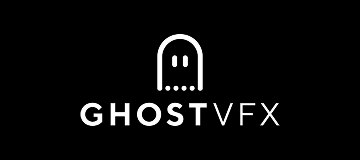






















Choose your career path
Let’s figure it out together! Get a free 1-on-1 career counseling session with our experts.
Latest work by our leaders

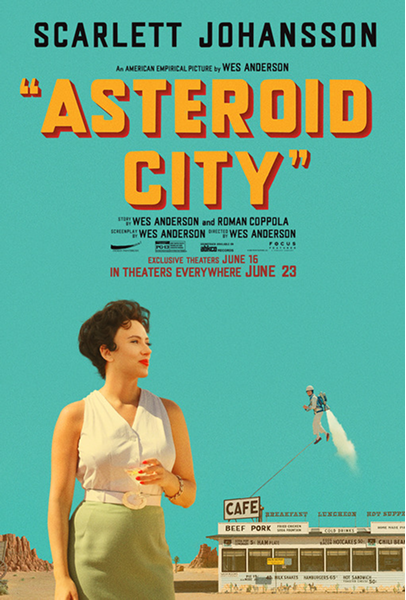








































Master VFX with Industry Experts


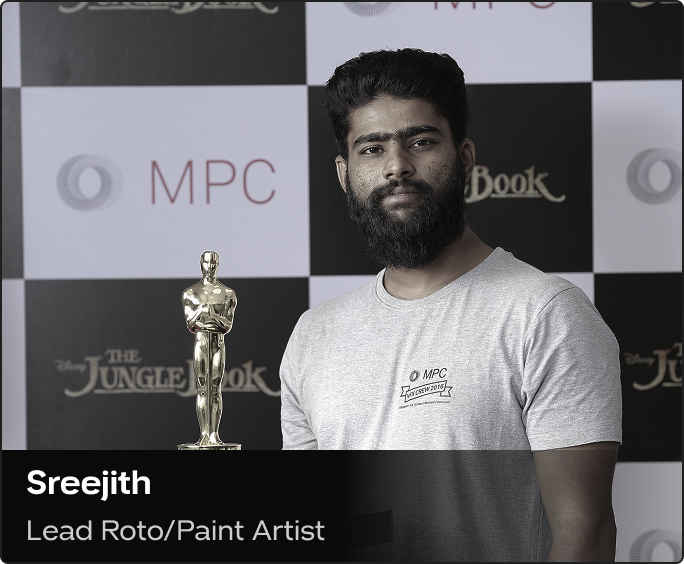



From students to studio professionals -
hear from our alumni
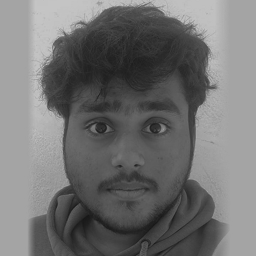
Alumni filmography - UI (2024)

Alumni filmography - UI, Hari Hara Veera Mallu
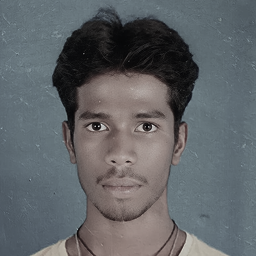
Alumni filmography - UI (2024)

Alumni filmography - UI, Hari Hara Veera Mallu
Frame school insider blog



Frequently Asked Questions
What is VFX?
VFX stands for Visual Effects. It’s the process of creating visuals that are hard or impossible to shoot in real life — like explosions, space scenes, or fantasy creatures.
These effects are added using computers after the live shoot. VFX is used in movies, web series, ads, and games to make scenes more exciting.
What are different departments in VFX?
VFX is a team effort — different departments handle different tasks to create the final shot.
The 3 main departments are:
- Compositing
- 3D & Animation
- FX / Simulation
Is VFX a good career in India?
Yes, VFX is a fast-growing career in India. With more films, OTT shows, ads, and games, studios need skilled VFX artists more than ever.
India is now a global VFX hub — with movies like The Jungle Book and Avengers worked on in Bangalore, Chennai, and Mumbai.
You can work in studios or take up freelance and remote projects worldwide.
Can I learn VFX if I have no prior experience or background?
Yes, anyone can learn VFX — even without experience in art, design, or editing.
You don’t need a degree or drawing skills. VFX is a skill-based industry, and studios hire based on your portfolio and production-ready skills.
With the right mentorship, even beginners can build a successful VFX career — in India or abroad.
Do I need a degree to get a job in VFX?
No, you don’t need a media degree. What matters is your production skills and showreel.
Most media degrees skip real VFX training and are taught by non-industry faculty.
Studios hire skilled artists — not certificate holders. The smartest path is to learn from real VFX professionals.
What makes Frame School different from other VFX institutes?
At Frame School, one of the best VFX training institutes in India, you learn directly from professional VFX artists actively working on Hollywood films.
Unlike most institutes that stick to beginner tools like After Effects and Photoshop — often taught by non-industry faculty — we offer production-level training guided by working professionals.
Our curriculum is built around node-based compositing and 3D tools used in top VFX studios, ensuring you’re not just learning software — you’re preparing for real studio jobs.
That’s what sets Frame School apart: we don’t just hand you a certificate — we equip you for a career.
Do you offer job placement or career support after the course?
Yes, we offer career support and placement assistance after the course.
Students graduate with production-ready skills and a strong showreel that meets studio standards.
We’re connected with top studios across India, and many of our alumni now work on international and Indian film projects.
We also help with freelance work, portfolio reviews, and provide lifetime mentor support.
